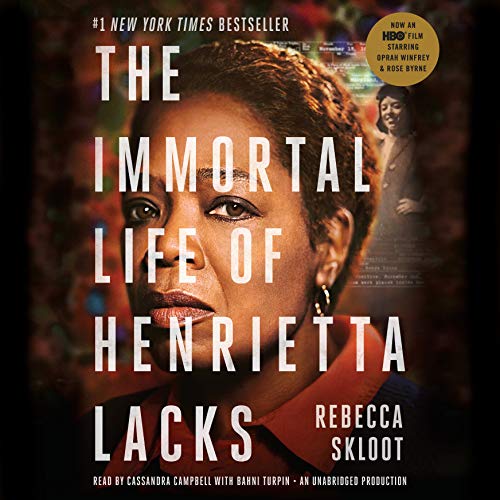6 best literary sagas
Literary sagas are a type of narrative or storytelling tradition that has its roots in European and Nordic cultures. These sagas are notable for their historical and cultural significance and are often characterized by their epic nature, dealing with the lives, adventures, and mythologies of individuals, families, or entire communities. Here's what you should know about literary sagas in the context of European and regional cultural literature:
Definition: Literary sagas are a genre of prose or poetic narratives that typically recount the heroic deeds, legends, and historical events of a particular people or region. They often focus on the exploits of legendary heroes or rulers.
Geographical Origins: Literary sagas are particularly associated with Northern European countries, including Iceland, Norway, and other Scandinavian regions. These sagas are often referred to as "saga literature."
Types of Sagas: There are two primary categories of literary sagas:
- Sagas of Icelanders (Íslendingasögur): These sagas provide a glimpse into the lives of the early settlers of Iceland and their descendants. They are often characterized by their realistic portrayal of everyday life and human nature.
- Legendary Sagas (Fornaldarsögur): These sagas are more focused on mythological and legendary elements. They feature gods, supernatural beings, and legendary heroes, often set in a more fantastical world.
Oral Tradition: Many sagas were initially passed down through oral tradition before being written down in the Middle Ages. This oral tradition allowed for variations in the narratives and contributed to their richness.
Themes: Literary sagas explore various themes, including honor, loyalty, vengeance, family relationships, love, and the struggle for power.They often showcase the moral and ethical dilemmas faced by their characters.
Historical Context: Literary sagas often contain historical references and provide valuable insights into the cultural, social, and political landscapes of the times in which they were composed.
Notable Examples: Some well-known literary sagas include:
- Njála (Njáls saga): A classic Icelandic saga that focuses on the complex relationships and conflicts among its characters.
- Egil's Saga (Egils saga): Chronicles the life and adventures of the Viking warrior-poet Egil Skallagrímsson.
- Völsunga Saga: A legendary saga that tells the story of the Völsung family and includes the tales of Sigurd the Dragon Slayer and the ring of power.
Influence on Literature: Literary sagas have had a profound influence on European and world literature. They contributed to the development of epic storytelling traditions and inspired later works, including J.R.R. Tolkien's "The Lord of the Rings."
Preservation and Translation: Many literary sagas have been preserved and translated into modern languages, allowing a broader audience to access and appreciate these valuable cultural and historical texts.
Overall, literary sagas hold a unique place in the literary heritage of Europe and provide a fascinating window into the history, mythology, and culture of the regions where they originated. They continue to be studied, enjoyed, and celebrated for their storytelling prowess and cultural significance.
Below you can find our editor's choice of the best literary sagas on the marketLatest Reviews
View all
Foam Pillow With Bamboo Fabrics
- Updated: 11.01.2023
- Read reviews

Fusion Mixers
- Updated: 19.03.2023
- Read reviews

Thermal Imagers For Android
- Updated: 09.01.2023
- Read reviews

Sony Body Cams
- Updated: 06.03.2023
- Read reviews

Designers Fountain Fountains
- Updated: 07.07.2023
- Read reviews





